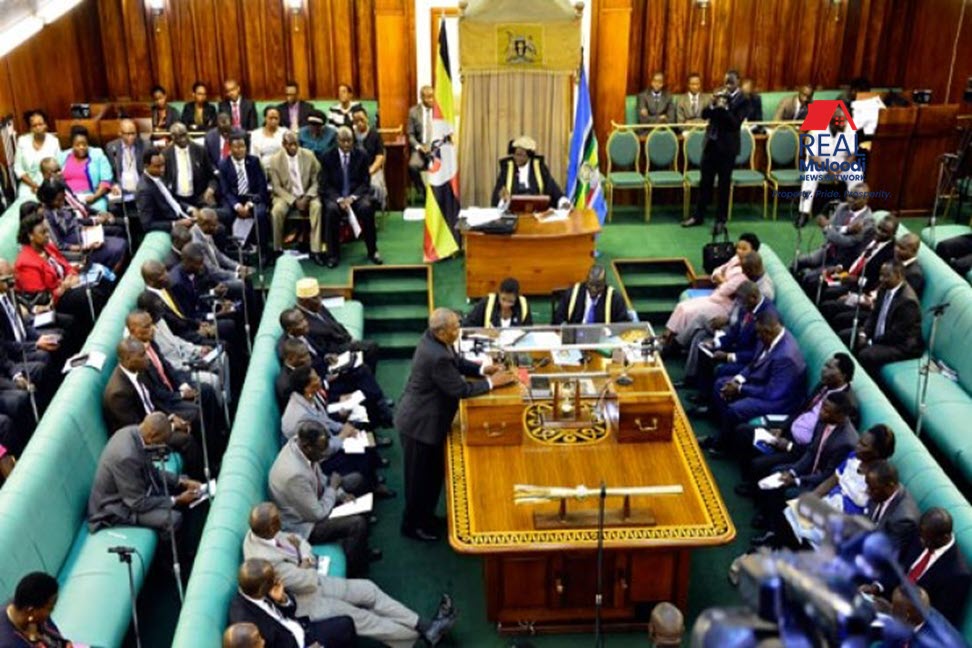UGANDA, Kampala | Real Muloodi News | The government has decided to reintroduce the controversial Land Acquisition Bill. The Bill seeks to enable compulsory land acquisition for strategic government development projects, among other objectives.
The Land Acquisition Bill is among the 62 proposed legislation presented by His Excellence Museveni during his state-of-the-nation address last Tuesday, which is to be introduced by the government to the 11th parliament during its 2nd session on 7th June.
According to the Ministry of Lands, the objective of the draft Bill is to allow the government to acquire land for timely implementation of public works, ending years of prolonged acquisition processes that have in the past cost the country billions of shillings and hindered essential projects.
The idea of the government taking over even privately owned land for public works dates back to 2017, and has often raised a raging debate across the political divide that remains unsettled.
Charles Peter Mayiga, the Katikiiro of Buganda Kingdom, vowed to oppose the new proposed land law that seeks to provide for compulsory land acquisition for government development projects, warning that it is a plan to grab people’s land.
“As Buganda Kingdom, we shall not allow any law on land that seeks to grab land from Kabaka’s subjects and undermine Kabaka’s authority over the land. They should stop provoking us,” Mr Mayiga told the Lukiiko (the Buganda parliament).
The law that provides for property law is Article 26(2) of the Constitution of the Republic of Uganda which states: “No person shall be compulsorily deprived of property or any interest in right over property of any description except where taking possession is necessary for public use and, or, is made under the law after prompt payment of fair and adequate compensation.”
However, in 2017, the government brought up the controversial Constitution Amendment Bill, 2017, which sought to amend Article 26 of the Constitution to allow the government’s “compulsory acquisition” of private land for national projects and deposit in court the compensation money deemed appropriate, regardless of whether the owner consents to it or not.
In the same year (2017), President Museveni conducted a countrywide radio tour to soften the public to embrace the proposed amendments.
However, attempts to amend Article 26, which safeguards private land until adequate and timely compensation is made, were rejected by the 10th Parliament, and the government retreated to re-strategise.
Mr Dennis Obbo, the spokesperson at the Ministry of Lands, says that the draft document is with the Ministry of Justice for the new Bill, after consultations with stakeholders across the country.
Without going into the details of the new amendments to the proposed law, Mr Obbo confirms some changes have been made to ensure the processes follow the Constitution, which is the supreme law.
“It is important we do not delay capital investments, which has been the case. Government in the past has lost $27m (Shs101b) per year in servicing debts because of such acquisition delays. We have looked at a win-win situation, listen to the owner of the land but also make sure government does not lose out,” Mr Obbo says.
The new Bill will maintain the deposit of compensation money in an escrow account in the event a land owner has reservations about the amount they are offered.
The compensation rates will be determined by certified government valuer, according to the Valuation Bill, 2022.
The Land Acquisition Bill also established a tribunal, headed by a High Court Judge to handle any disputes arising from the land acquisition process. Such a complaint must be heard and decided on within 30 days, and an appeal in 45 days.
If Parliament approves the controversial amendments, Mr Obbo says that land owners will be notified with an allowance of six months to vacate the land being acquired, and the government will only take over the land after compensation, or settlement in case of disputes.
READ MORE LIKE THIS:
Tax Bills for FY22/22: Proposals Affect Land Business Dealers and Landlords



